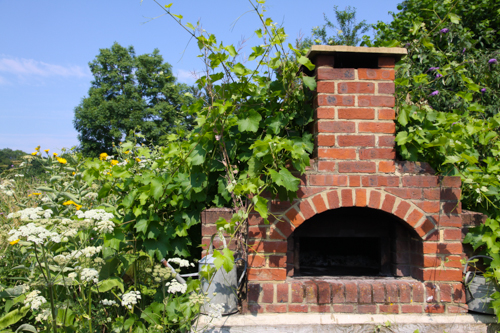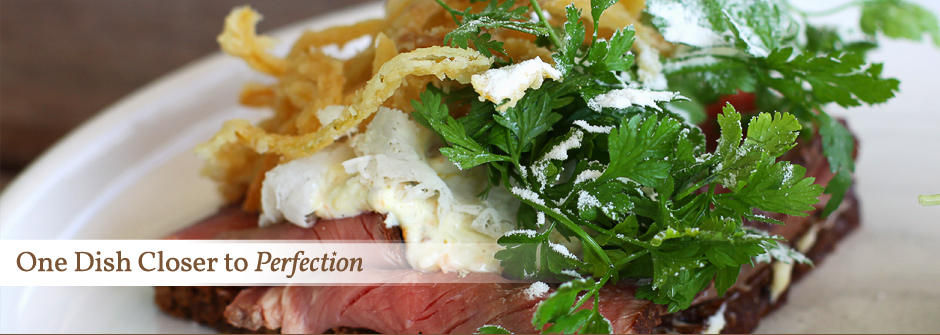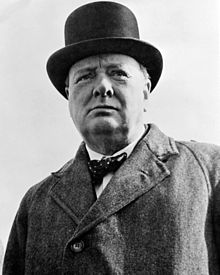Michael Pollan on the 'cooking hypothesis'
 Monday, May 11, 2020 at 7:51PM
Monday, May 11, 2020 at 7:51PM 
According to the "cooking hypothesis," the advent of cooked food altered the course of human evolution. By providing our forebears with a more energy-dense and easy-to-digest diet, it allowed our brains to grow bigger (brains being notorious energy guzzlers) and our guts to shrink. It seems that raw food takes much more time and energy to chew and digest, which is why other primates our size carry around substantially larger digestive tracts and spend many more of their waking hours chewing - as much as six hours a day.
Cooking, in effect, took part of the work of chewing and digestion and performed it for us outside of the body, using outside sources of energy. Also, since cooking detoxifies many potential sources of food, the new technology cracked open a treasure trove of calories unavailable to other animals. Freed from the necessity of spending our days gathering large quantities of raw food and then chewing (and chewing) it, humans could now devote their time, and their metabolic resources, to other purposes, like creating a culture.
Cooking gave us not just the meal but also the occasion: the practice of eating together at an appointed time and place. This was something new under the sun, for the forager of raw food would have likely fed himself on the go and alone, like all the other animals. [...] But sitting down to common meals, making eye contact, sharing food, and exercising self-restraint all served to civilize us. "Around that fire," [Richard] Wrangham writes, "we became tamer."
Cooking thus transformed us, and not only by making us more sociable and civil. Once cooking allowed us to expand our cognitive capacity at the expense of our digestive capacity, there was no going back: Our big brains and tiny guts now depended on a diet of cooked food. (Raw-foodists take note.) What this means is that cooking is now obligatory - it is, as it were, baked into our biology. What Winston Churchill once said of architecture - "First we shape our buildings, and then they shape us" - might also be said of cooking. First we cooked our food, and then our food cooked us.
Michael Pollan. 2013. Cooked: A Natural History of Transformation.
 Vix |
Vix |  11 Comments |
11 Comments |  Excerpt
Excerpt 
